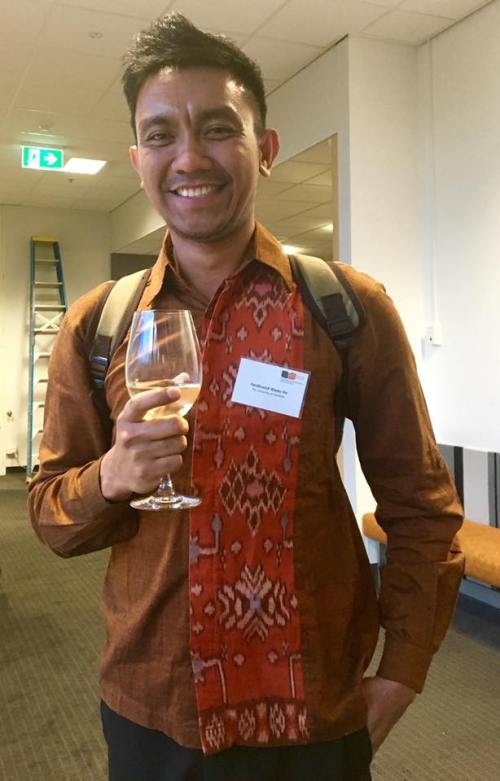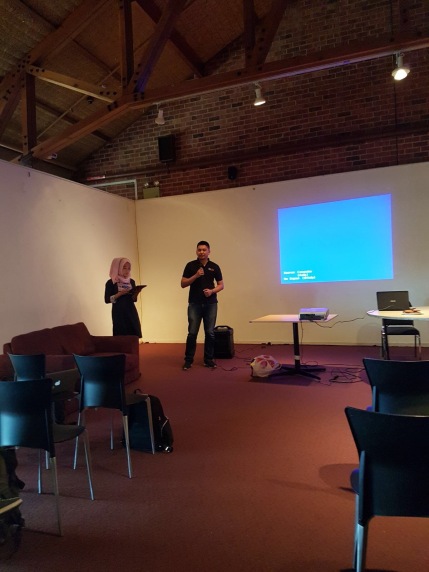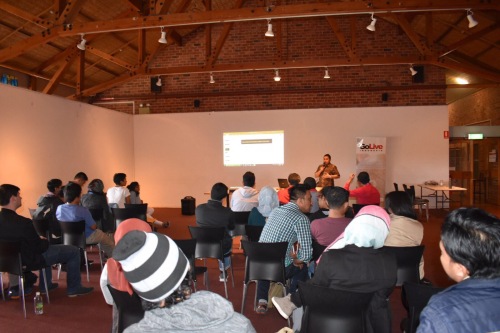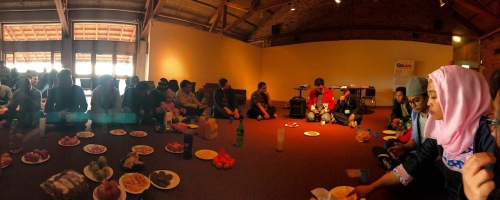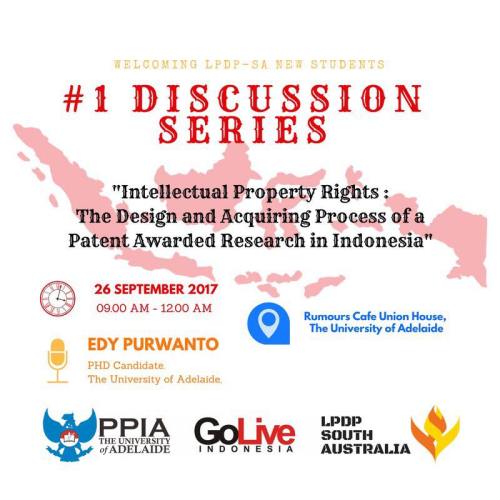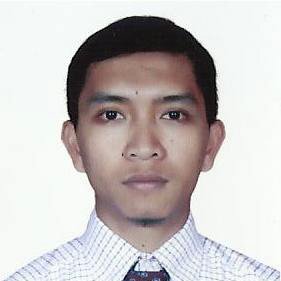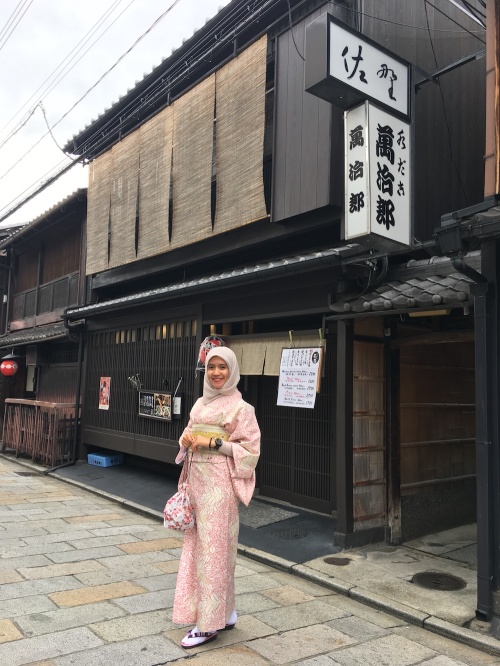
Ukhfi Thursina
It is inevitable that men and women have distinct ways of going about being amiable when they speak and one of the factors that make the differences between men and women’s utterances is boosters.
Boosting devices used to strengthen and reinforce the utterances to make the hearer do understand about the speaker’s expectation.
Epistemic modal tag, challenging tag, facilitative tag, softening tag, “you know”, “really”, “of course”, interjection and repetition are examples of such boosters.
It is essential however, to employ politeness strategies in emphasizing utterances as it is essential to communicate not only in effectively but also in properly way.
Using precise politeness strategies to boost the expression will be the extra spark that draws the hearer’s attention.
To have such a good way in speaking, the speaker should consider a bald on record, positive politeness, negative politeness, off record and do not do the face threatening act (FTA) strategy.
Women have been found to use boosters a lot, notably in an oral communication.
Ukhfi Thursina, a master degree student in School of Education, The University of Adelaide, completed a research investigating women’s extensive use of boosters as politeness strategies.
Her research used a descriptive qualitative approach by analyzing, categorizing and summarizing the content of the conversations of the women on The Hollywood Reporter Roundtable Talkshow.
The result of her research shows that women tend to use “you know”, tag question and “of course” to modify the force of statement.
Results also indicates that there are two types of commonly used politeness strategies used in those boosters: positive politeness and off record.
The use of positive politeness strategy seeks to point and highlight the solidarity to save the hearer’s face as it builds good relationship to both the speaker and the hearer.
More information could be accessed by contacting Ukhfi in ukhfithursina@gmail.com
Ukhfi Thursina is a postgraduate student in Master of Education Program, The University of Adelaide, with support of scholarship from Indonesia Endowment Fund for Education (LPDP)
She has presented this study at the 2018 International Symposium on Education and Psychology in Kyoto, Japan.
Indonesia Research Update is an initiative by GoLive Indonesia that aims to promote and disseminate knowledge and information obtained through research completed by Indonesian students outside of Indonesia.
We sincerely thank Ukhfi and wish the best for her future endeavours in career and life.

